Do you feel like you need to financially recover after the holidays? We all know it’s easy to get caught up in the gift-giving spirit and end up spending more than we should.
But once the holidays are over and the bills start rolling in – you could end up with some serious post-holiday money blues.
And you know that you need to get your finances under control fast!
Because the sooner you get your finances on track, the better off your money situation will be throughout the year, right?
Yet it can be tricky to know where to start or what steps to take. But don’t worry! I’ve got you covered!
Here are 10 tips to help you financially recover after the holiday season and get your finances off to a good start.
Table of Contents
1. Challenge Yourself To A Spending Fast
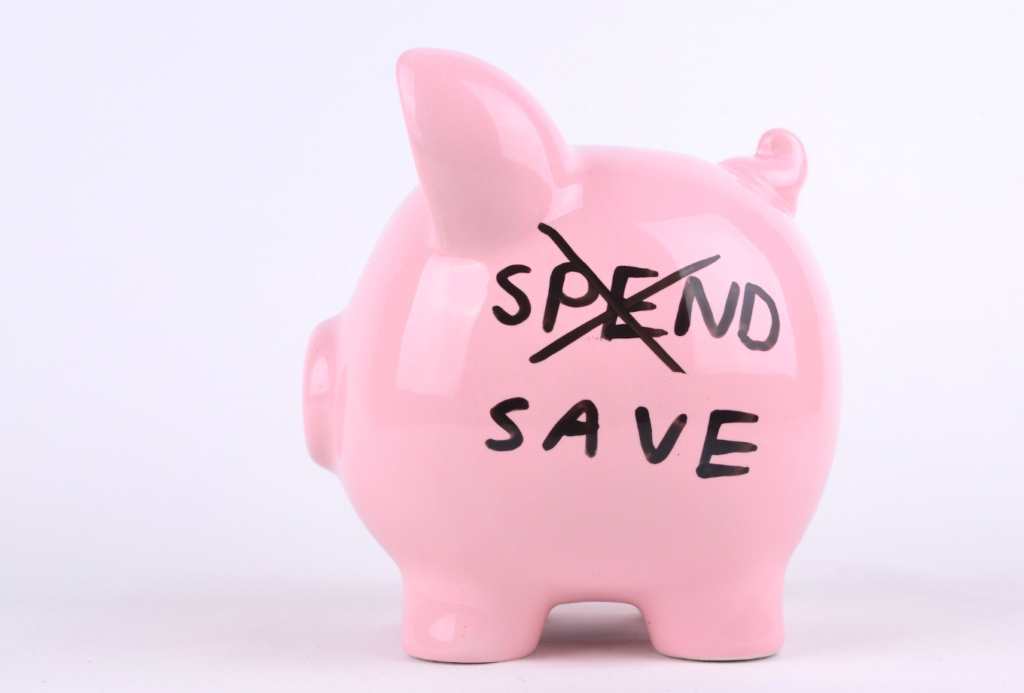
After the holidays, it’s natural to want to take a break from spending. So try challenging yourself to a spending fast. A spending fast is where you cut back on all non-essential expenses for a specific time. For example, one month, two weeks, or only seven days at a time.
There are many different ways to do a spending fast, but some common strategies include:
- Limiting your spending to only essential expenses (such as groceries, bills, and transportation)
- Cutting out non-essential costs (such as dining out, subscription services, and impulse purchases)
- Seeking out free or low-cost alternatives for activities and entertainment
A spending fast can be a great way to reset your finances. It can be as short or as long as you need it to be. Best of all, it can give you a chance to create breathing room while you get a handle on your finances and save some extra cash.
2. Turn Unwanted Gifts Into Cash
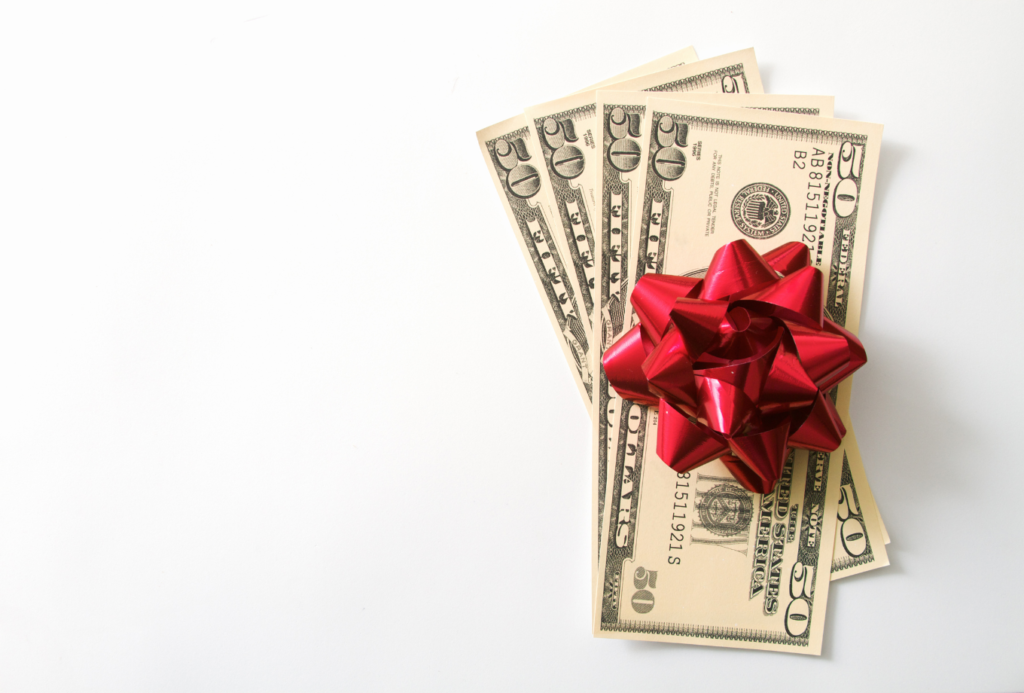
Did you receive a gift that you do not have use for? Well, don’t let it sit in a closet collecting dust. Returning or selling unwanted gifts can be a great way to help you financially recover after the holidays by bringing in some much-needed extra cash.
So, if you received gifts you don’t want or need, consider returning them or selling them online or at a local resale shop. You can use the money to begin to put a dent in your debts. Plus, it can help you declutter your home, so you feel more organized and can make room for the things you actually need.
Declutter is a website that makes it easy for you to reduce waste and sell unwanted phones, books, games, and more. Check it out here.
3. Design A Money Roadmap
A money roadmap or money map is a tool that helps you see where your money is going and how you can make better financial decisions. It can be as simple as a template or journal, or more complex like a spreadsheet or budgeting tool.
Whatever method you choose, building a money map can give you a clear picture of your financial situation and help you make a plan for the future. This can be especially helpful if you’re trying to pay off holiday debts or save for a specific goal. To create a money roadmap:
- Start by identifying your financial goals and priorities. What do you wish to achieve with your money? Do you want to pay off debt, save for a specific goal, or build a financial cushion?
- Next, list your current income and expenses. This will give you a clear picture of where your money is going and help you understand how much you have available to put toward your financial goals.
- Next, create a visual representation of your goals and priorities. This can be as simple as a list or more elaborate like a chart or vision board.
- Now, break down your goals into smaller, more manageable steps. This will help you stay motivated and make progress toward your goals.
- Then, regularly review and update your money roadmap. As your financial situation changes, your goals and priorities may also change.
Use your money roadmap to help you make conscious spending and saving decisions by always considering how they align with your goals and priorities. This will help you stay focused and reach your goals faster.
Here’s an article I wrote about how I was able to roadmap my way to financial security, check it out.
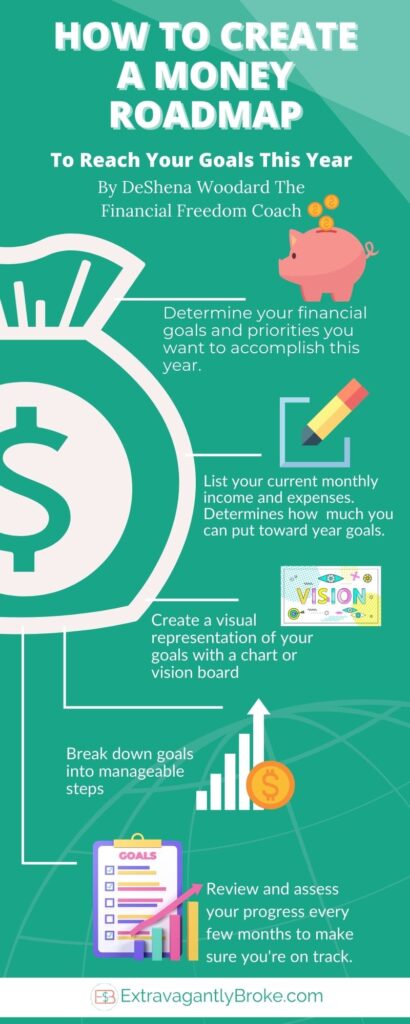
4. Create A Spending Plan
A spending plan is absolutely crucial when trying to financially recover after the holidays or any other time. It helps you manage your money and ensure you’re not overspending on non-essential items.
It can also help you identify areas where you can cut back and save more money. Having a spending plan can also help you determine how to pay off any holiday debts and avoid overspending in the future. Most importantly, a spending plan can help you prioritize your financial goals and stay on track with your financial plan. To create a spending plan simply:
- Determine your monthly income and expenses
- Set financial goals for yourself, such as paying off debts or saving for a specific goal
- Allocate specific amounts for different expenses, such as rent, groceries, and entertainment
- Track your spending and make adjustments as needed
5. Incorporate A Cash-Only Policy
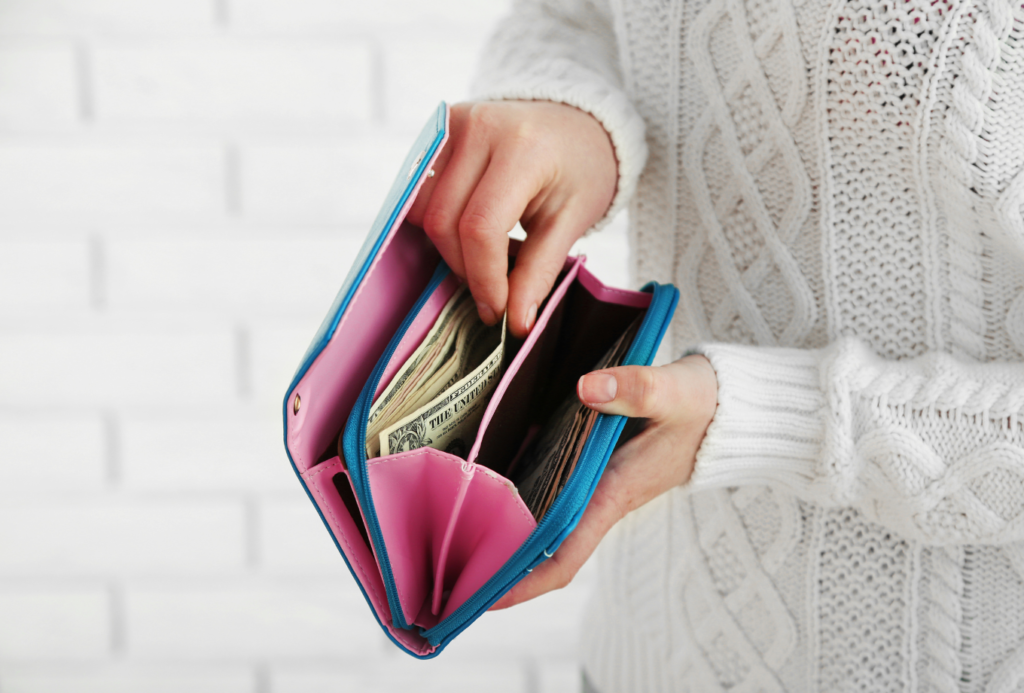
Incorporating a cash-only policy is a simple yet effective way to curb your spending to help you financially recover after the holidays. Studies have shown that people tend to spend 12-18% more with credit versus cash.
This is because it can be easier to lose track of your spending when using a credit card, as you don’t physically see the money leaving your wallet.
6. Ditch The Credit Cards To Financially Recover
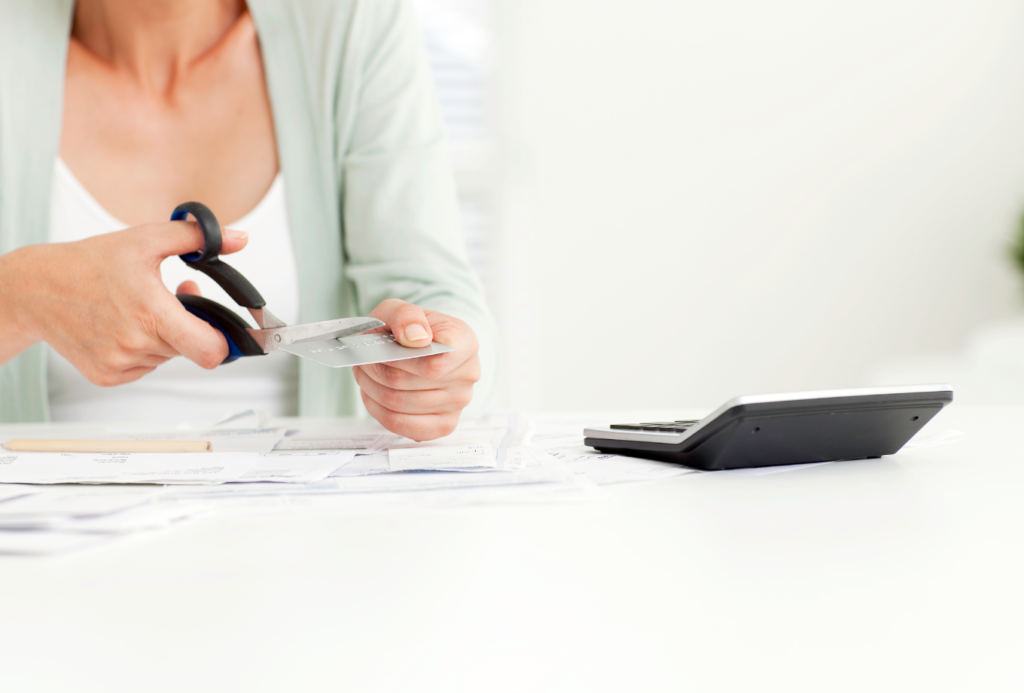
If you’re struggling to pay down credit card debt, consider ditching them altogether. Not only will this help you avoid accruing more debt, but it will also help you focus on paying off the bills you already owe. To avoid falling into your old habits, here are some tips to help you ditch the credit cards:
- Leave credit cards at home when you shop
- Cut up your credit cards
- Freeze credit cards in a block of ice
- Lock your cards in a safe
- Give them to your spouse or someone you trust for safekeeping
Here’s a great article where I show you the 4 sneaky ways credit cards can hurt your finances.
7. Boost Your Income:
Another way to financially recover from holiday spending is to boost your income. This could include taking on additional work or starting a side hustle. Even a slight increase in income can make a big difference when it comes to paying off debts or saving money.
There are plenty of ways to boost your income, whether through freelance work, starting a business, or finding a part-time job.
It’s essential to be proactive in finding ways to increase your income. So consider your skills and interests and see how you can use them to generate additional income.
Negotiating for a raise or promotion at your current job may also be helpful. This can be a more stable and long-term solution for increasing your income. Remember, every little bit helps when it comes to paying off debts and getting back on track financially.
8. Be Mindful Of Future Spending

After recovering from the holidays, you must be mindful of your spending in the future. Especially if you want to avoid falling into the same financial trap next holiday season.
So to become a mindful spender, it’s important to set spending limits for yourself and make a conscious effort to stick to them. This will help you enjoy your next holiday season without breaking the bank.
To set spending limits:
- Create a holiday budget
- Set aside specific amounts for gifts, decorations, and other holiday expenses
- Set limits on how much you’re willing to spend on individual gifts
By setting these boundaries for yourself, you can make financially smart decisions about your money and avoid overspending throughout the year.
9. Use Tax Refunds Wisely
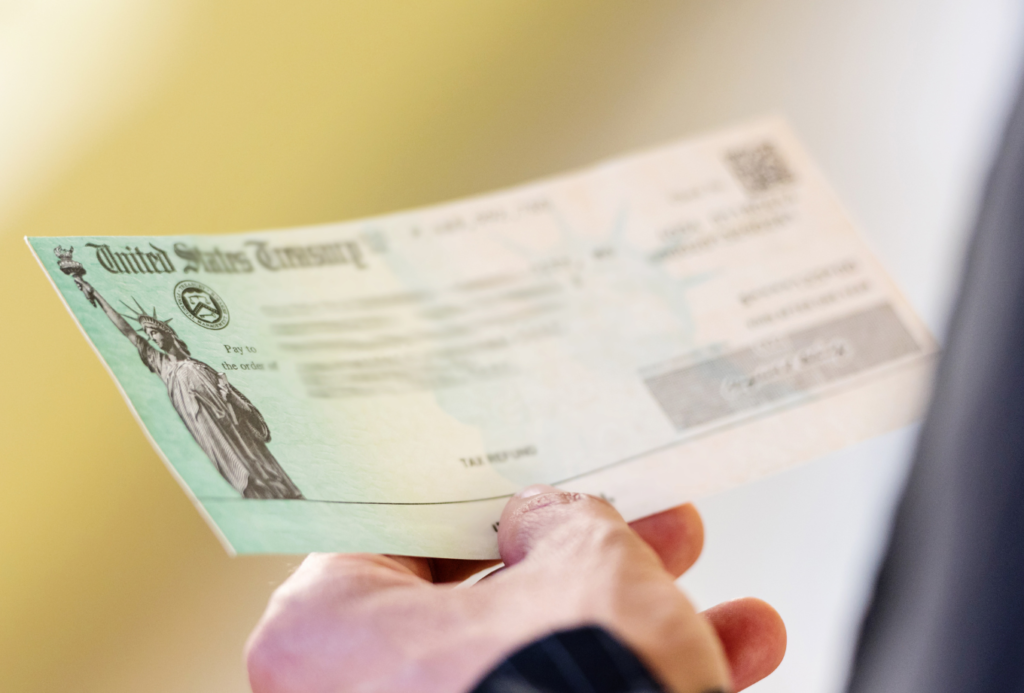
If you plan to receive a tax refund this year, it can be tempting to splurge on all the things you can’t usually afford.
Instead, consider using that windfall to pay off those unwanted holiday debts or to create a financial cushion for yourself. This will help you get back on track and set yourself up for financial success this year.
- One option is to use your tax refund to pay off any high-interest debts, such as credit card balances or personal loans. This will help you save money on interest and free up more of your income for other expenses.
- Another option is to use your tax refund to create an emergency savings fund. This will give you a financial cushion in case of unexpected expenses or income loss.
Using your tax refund wisely can help you make a significant dent in your debts and set yourself up for long-term success.
Check out this great article that can help you boost your emergency fund with little money.
10. Seek Professional Help

If you’re struggling to recover from the holiday season and need extra help, consider seeking a financial coach, counselor, or mentor. They can provide you with personalized guidance and the financial support you need to get your finances on track.
And if you need advice that is specific to your financial situation I provide free financial breakthrough calls.
This call is meant to take the guesswork and confusion off your hands when you want to financially recover fast. I’ll provide you with real advice so you will know exactly what steps you can take to ensure you see results this year. Just click here!
The Bottom line
The holiday season can be a time of joy and celebration. Still, it’s essential to not let it derail your finances for the rest of the new year.
By following these tips and being proactive, you can financially recover and get your money on track in no time.
Remember, the sooner you start after the holidays the better chance you have of making sure you are off to a good start to help you financially recover.
P.S. And if you need guidance, advice, or support don’t forget to click the image below!

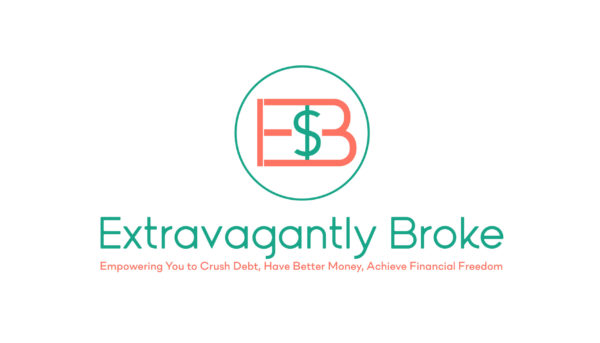






Definitely needed this, great post
Thanks so much! I’m glad you found value in it! 🙂
This is a great post!
I’ve done a spending ban a few times and it can really help!
Thank you for sharing these tips!
I have to go on spending fast from time to time, and it helps me keep my bills and spending under control. Thanks for your comment! 🙂
Many ways to get back on track, great article.
Thanks so much! It makes me happy to know that I can reach at least one person who needs to hear this message. 🙂
I enjoyed reading this. Thank you for sharing these tips.
Thank you, Danwil for your time and your comment! 🙂
How did you know I needed this right now 😅. Trying to spend less and MAKE more this year!!! 🙏
Haha! I know a lot of people need this information right now because I’ve been there. And it occurred to me that this information may be useful to many people. Spending less and making more is a great way to start this new year. I’d love to know what your plan is to make that happen this year. 🙂
This article was so helpful to me! I’m going to review your suggestions again and start putting them into action. Thank you! 😊
Thank you so much, Jenna! I am glad you found this helpful! Feel free to let me know which tips you try and how they work out. 🙂
These are great suggestions when you have overspent especially during the holidays. Too many do so without consideration of the after effects. Enjoyed reading. 🤗
Pastor Natalie (ExamineThisMoment)
Letstakeamoment.com
Thank you, Pastor Natalie! I’m glad you enjoyed the tips! 🙂
Wow, love these ideas of recovering financially after the holidays. I particularly love the idea of selling the gifts that aren’t of use to you. Thank you so much for sharing!
Hi Hari, yes, selling unwanted gifts is a great way to add a little extra cash to your wallet instead of allowing them to clutter your space as they sit in a corner or a closet collecting dust. Thanks for commenting!:)
This is such solid advice to help anyone stay focused on what really matters. You have included excellent tips that are not only doable, but that will be sustainable as well. I love the spending fast idea. While, some moments may not feel fun, the benefits would pay off. Having a plan is always a smart way to go as well. Thank you for these tips!
Thank you so much, Lindsay! I’m glad you found these tips helpful! 🙂